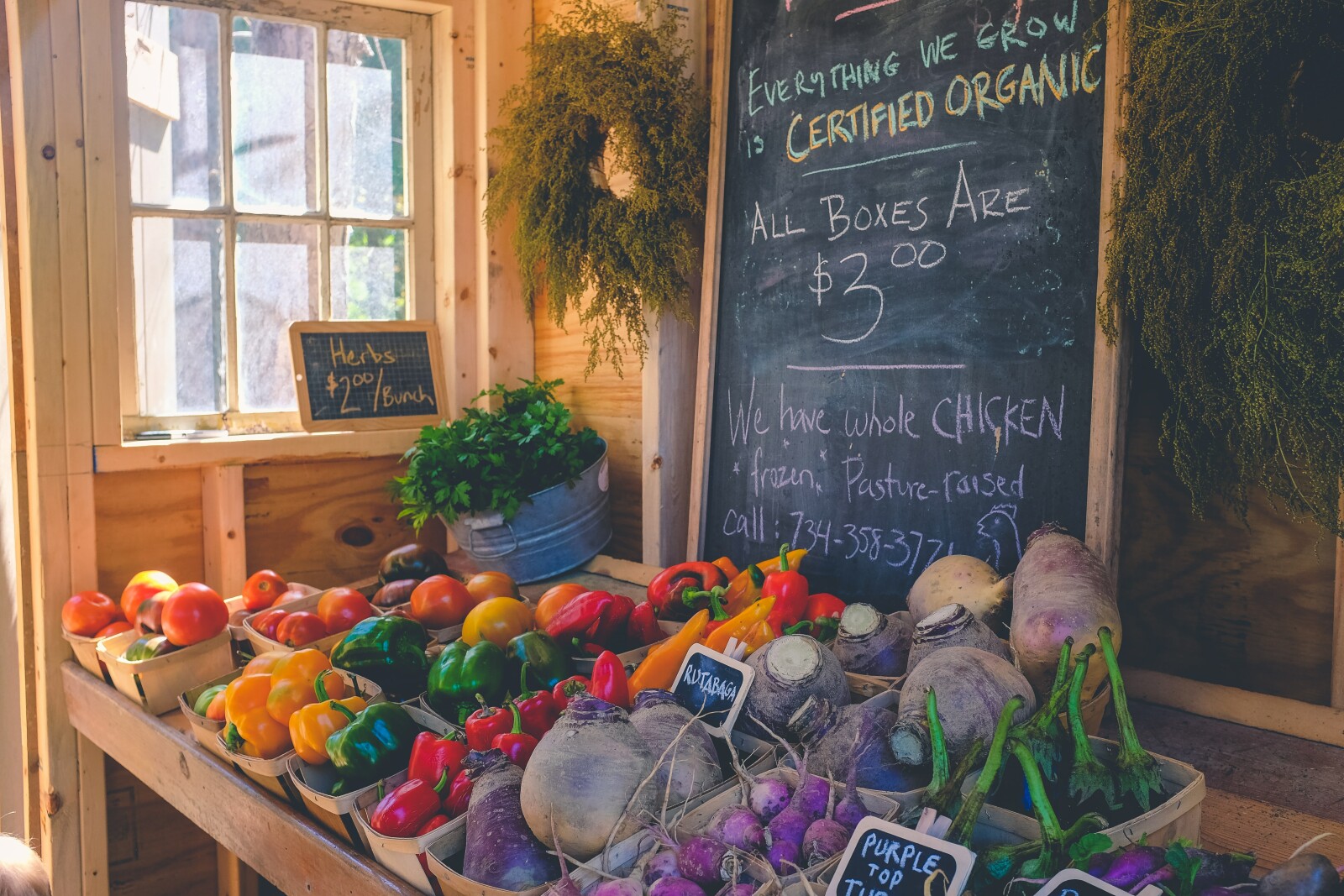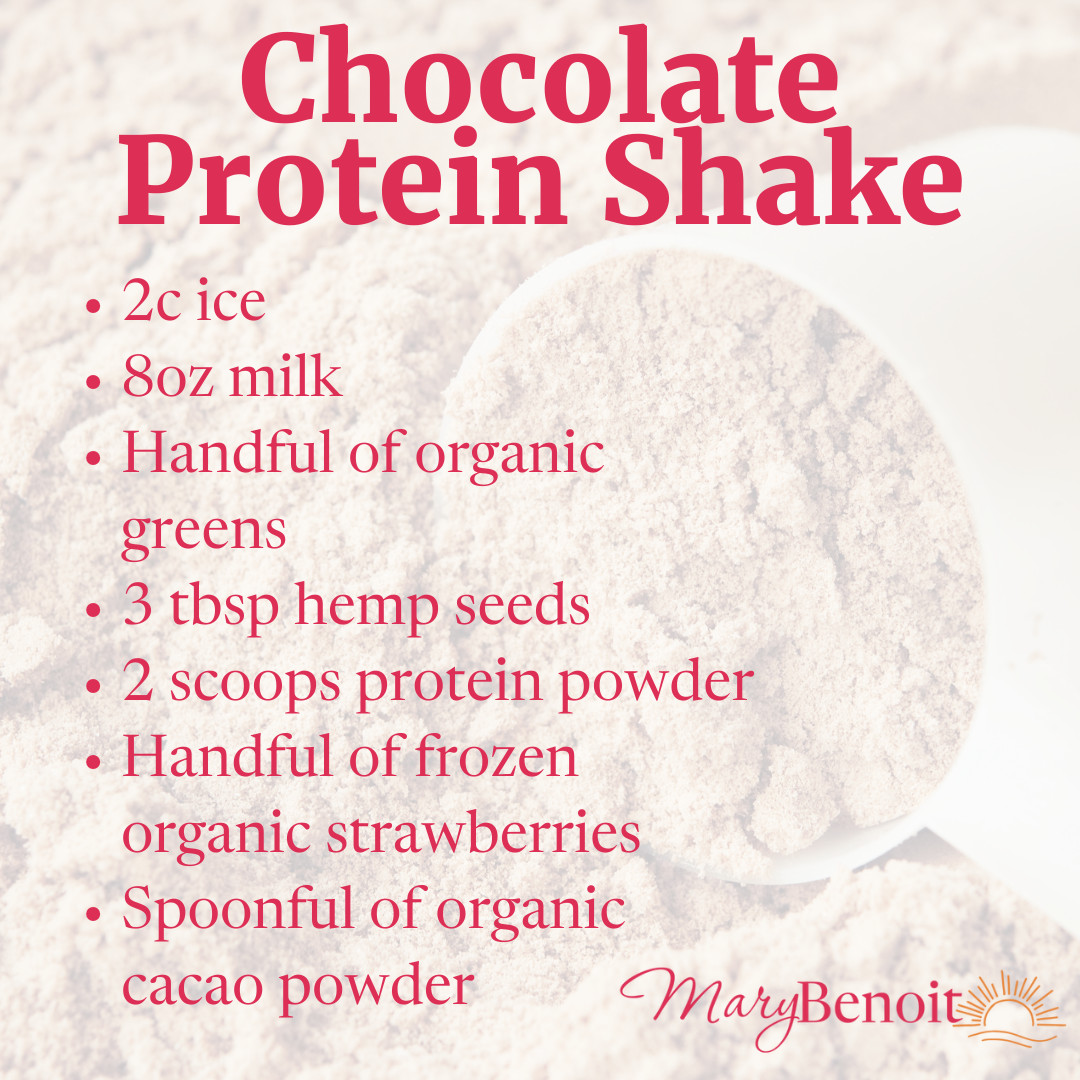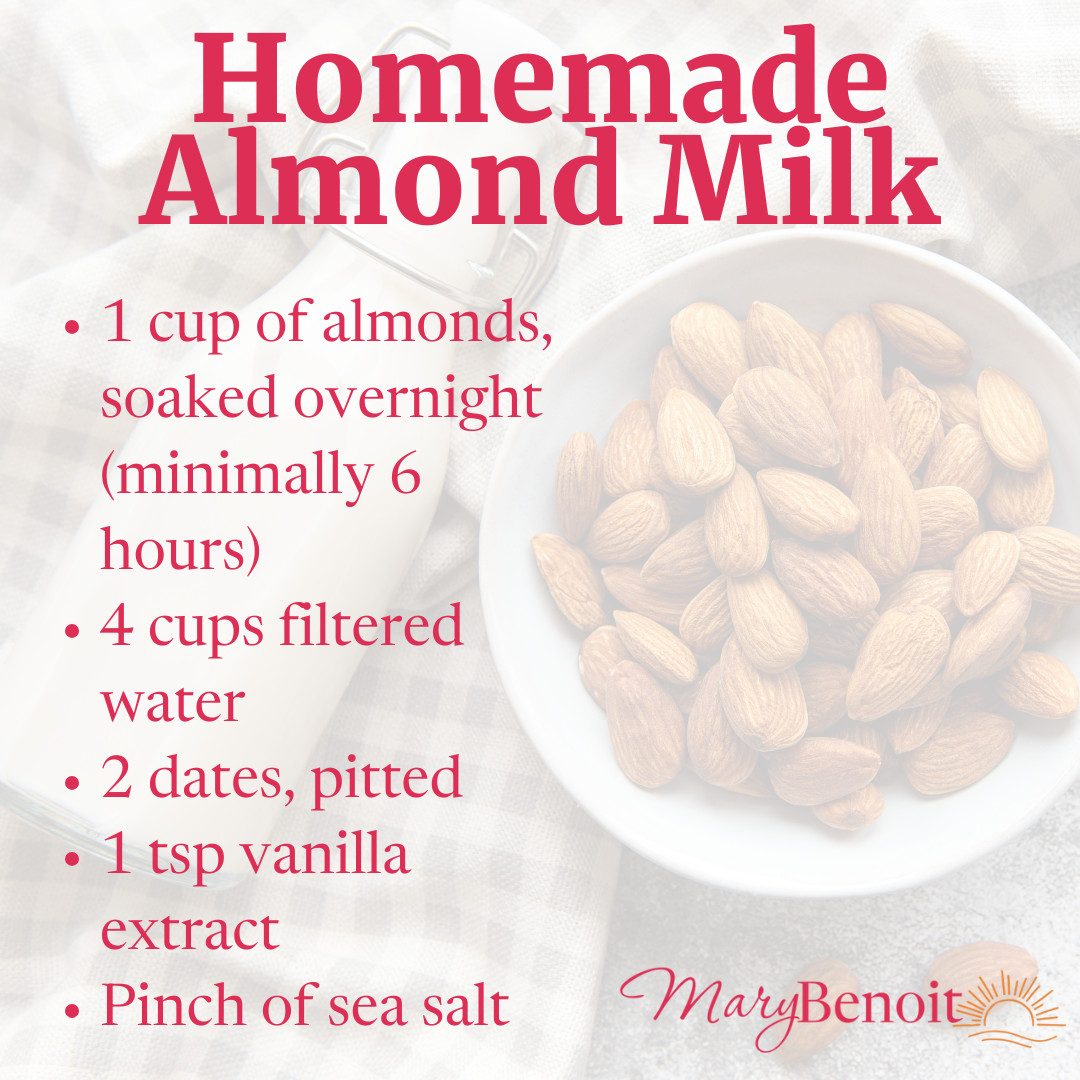
First and foremost, let me clarify: ANY fruits and vegetables are better than NO fruits or vegetables.
“Conventional” produce refers to a system of growing food that uses technology and synthetic chemicals to help increase yields. Conventional farming may include growing the same crop in the same plot each year, genetically modified organisms & synthetic chemicals that target insects & weeds. This is industrial agriculture.
“Organic” produce refers to food produced through more traditional, sustainable methods that align with the natural rhythms of the land. Organic regulations prohibit the use of antibiotics, hormones, GMOs & synthetic insecticides/herbicides. Organic methods help encourage biodiversity through crop rotation & support mineral-rich soil.
There’s a lot of debate on this topic, so let me point out the elephant in the room – there has been research that didn’t find any evidence that organic foods have higher nutrient content than conventionally cultivated foods; however, there has also been research supporting that organic foods contain more nutrients than conventional foods.
HOWEVER even if nutrient content is similar...
1. Organic produce may be significantly higher in antioxidants (particularly in terms of polyphenols - Google the benefits!) when compared to conventional produce
2. Conventionally cultivated produce may have up to 4x more pesticide residue than organic produce
3. Organic foods/practices help nourish the soil & keep it viable for future harvests, whereas conventional methods are more taxing on the environment
A big thing about organic is it avoids synthetic pesticides, it doesn’t put chemicals into the groundwater, it doesn’t affect the wildlife, it reduces fossil fuel consumption, & it tastes better.
Cost is a concern for many, so the good news is the Environmental Working Group tests produce every year for a pesticide count. “The Dirty Dozen” lists fruits & vegetables that tested highest for pesticides (which means these are better to purchase organic), and “The Clean Fifteen” lists the produce ranked lowest in pesticides (which means depending on budget & priority, one may choose to purchase conventional rather than organic).
If you just buy organic produce from “The Dirty Dozen” list, you’re drastically decreasing your exposure to pesticides.
Pro tip: In the grocery store, organics typically have 5-digit price lookup (PLU) codes that begin with the number 9. Conventional produce usually have a 4-digit PLU code that begins with a 3 or 4.
Choosing organic foods in the supermarket can help you avoid pesticides, antibiotics & GMOs, but the organic certification process is costly, so a farm may use organic practices without being organically certified. Knowing how the food is grown is important, so if you’re at a farmer’s market where you can talk to the people growing the food – ask questions! Local, organic & seasonal is best.













